**Note: This page is for educational inspiration and is not officially affiliated with the Council of Europe or the European Union. European Day of Languages is an initiative by the Council of Europe, celebrated with the European Union. For official information and to learn more about linguistic diversity in Europe, please visit the Council of Europe website (www.coe.int/en/web/language-policy/european-day-of-languages).
Saturday 26th September 2026
Understanding European Day of Languages in EYFS & KS1
Bonjour, hola, ciao! European Day of Languages is celebrated annually on September 26th. This initiative, organised by the Council of Europe with the European Union, aims to celebrate the rich linguistic diversity of Europe and encourage language learning. It highlights the benefits of being able to speak other languages, whether for travel, work, or simply understanding different cultures.
For early years settings, nurseries, preschools, childminders, and Year 1 and Year 2 classrooms, this day provides a fantastic and enriching theme for exploring diversity, communication, and the excitement of new words. It's about opening children's minds to different cultures, fostering curiosity about languages, and understanding that there are many ways to express ourselves. This day offers fantastic planning ideas and inspiration for engaging activities that truly resonate with young minds, making learning about languages and global awareness both stimulating and fun.
Why Is Teaching About Languages & Diversity Important for Young Children?
Integrating lessons about languages and diversity into your practice with young children (aged 0-7) is great for fostering their cognitive development, cultural awareness, and social-emotional growth. Exposure to different languages and cultures at an early age lays the groundwork for global understanding and respect.
Cognitive Benefits: Learning new sounds and words in different languages can boost memory, problem-solving skills, and cognitive flexibility.
Cultural Awareness: Exploring languages naturally leads to discussions about different countries, customs, and ways of life, fostering respect for diversity.
Communication Skills: Understanding that there are many ways to communicate enhances a child's overall communication and listening skills.
Empathy: Exposure to different languages helps children develop empathy and an appreciation for others' backgrounds.
Preparation for Future Learning: Early exposure can make learning additional languages easier and more enjoyable later in life.
Engaging Language & Diversity Activities for European Day of Languages (0-7 Year Olds)
Make European Day of Languages a truly vibrant and multilingual experience with these planning ideas and activities perfect for EYFS and KS1 children. The focus is on listening, speaking, and celebrating variety! Many of these early years and year 1 activities can be supported by the extensive range of printable resources we have available, including those on our dedicated Dual-Language page.
Here's some inspiration for introducing the magic of languages in your setting: (Please use your own discretion and knowledge of your children to ensure appropriateness of each activity and safety concerning any materials given and activity undertaken.)
"Hello" in Many Languages: Start the day by greeting each other in different languages using simple greetings like "Hello" or "Good morning." You can use our French, Polish and Spanish keywords (and more on our Dual-Languge page!) to learn basic phrases.
Colours, Shapes, Numbers in Other Languages: Focus on familiar concepts in a new language. For example, use our Arabic - colours, Bengali - 2d shapes or German counting (0-10). (Many more on our Dual-Languge page!)
Food & Animals Vocabulary: Explore food and animals in different languages, as these are often highly engaging for children. Use our Chinese Mandarin - fruit & vegetables or our Italian - animal cards. (Many more on our Dual-Languge page!)
Body Parts Exploration: Learn about body parts in a new language with ‘Face & body parts’ posters and activities in various languages on our ‘Dual-Language’ page.
Sing Songs or Listen to Music in Different Languages: Find simple children's songs or nursery rhymes in European languages. Even if children don't understand all the words, the rhythm and sounds are engaging.
Dual-Language Story Time: If possible, invite a parent or a staff member who speaks another language to read a simple story in their native tongue, or read a bilingual book.
Cultural Exploration Stations: Set up different "country stations" (e.g., France, Italy, Germany). Each station could have a flag, a few simple keywords, and perhaps a related object or picture (e.g., a mini Eiffel Tower, a picture of pizza, a pretzel).
Flag Colouring/Drawing: Provide outline flags of European countries for children to colour.
"Which Language Is This?" Game: Play short audio clips of people speaking different languages and have children try to guess which language it is (e.g., "French," "German," "Spanish").
Displaying Diversity: Create a colourful display showing different languages and countries.
Explore Our 'Dual-Language' Page: For even more resources covering Arabic, Bengali, Chinese, Mandarin, French, German, Italian, Japanese, Malay, Polish, Portuguese, Punjabi, Russian, Spanish, Ukrainian, Urdu, Welsh, and more, please visit our dedicated Dual-Language page.
These activities offer great inspiration for making European Day of Languages a memorable and impactful experience in your early years and Key Stage One setting, fostering linguistic awareness, cultural appreciation, and a sense of global citizenship.
To explore ideas surrounding additional early years events, please visit our 'Special Dates Calendar' page.
Printable resources to support teaching & learning surrounding: ‘European Day of Languages’
For a comprehensive collection of all of our ‘Language’ educational materials, please visit our ‘Dual-Language’ hub page.
For even more ‘Language’ resources, please visit our ‘Dual-Language’ page which features educational materials surrounding the following languages and more: Arabic | Bengali | Chinese | Mandarin | French | German | Italian | Japanese | Malay | Polish | Portuguese | Punjabi | Russian | Spanish | Ukrainian | Urdu | Welsh
Additional Pages you may like to explore which cover relevant &/or Connected themes
More Early Years Event Pages for September
Time to get cosy with a book! 📚📖 National Read a Book Day is an unofficial observance, primarily celebrated in the United States, annually on September 6th. Its simple yet powerful…
Let's recycle! ♻️ Recycle Week is an annual event in the UK that takes place in 2026 between 21st and 27th September (TBC). Organised by WRAP (Waste & Resources Action…
Bonjour, hola, ciao! European Day of Languages is celebrated annually on September 26th. This initiative, organised by the Council of Europe with the European Union, aims to celebrate the rich…
See clearly, learn happily! National Eye Health Week is a fantastic annual campaign in the UK, taking place from September 21st to 27th in 2026. Promoted by Eye Health UK, its aim is to raise…
Let's make peace! 🕊️ The U.N. International Day of Peace, often simply called Peace Day, is observed globally every year on September 21st. Established by the United Nations, this day is…
Let's clean up our beaches! The Great British Beach Clean is an annual event organised by the Marine Conservation Society (MCS), in 2026 it is being held between 18th and 27th…
Ahoy, mateys! International Talk Like a Pirate Day is a fantastically fun, unofficial holiday celebrated worldwide every year on September 19th. This day was founded in 1995 by John Baur…
Get up and get active! National Fitness Day is the UK's biggest annual celebration of physical activity. Organised by ukactive, it takes place on September 24th. The day aims to highlight…
Think happy thoughts! Positive Thinking Day, observed informally on September 13th, is a wonderful opportunity to focus on the power of optimism, resilience, and a 'can-do' attitude. While…
Hugs for Teddies! Teddy Bear Day is a charming and informal celebration that takes place on September 9th. It's a day to celebrate the beloved teddy bear, a timeless companion for children…
Time to get puzzling! International Sudoku Day is a fantastic occasion observed annually on September 9th. This date was chosen because Sudoku is famously played on a 9x9 grid! While…
Read all about it! International Literacy Day is celebrated every year on September 8th. Established by UNESCO (the United Nations Educational, Scientific and Cultural Organization) in…
Reduce, reuse, recycle! Zero Waste Week is an annual, international campaign that takes place during the first full week of September. It encourages individuals, businesses, and communities to…
Hooray for friends! Friendship Month is a wonderful, informal initiative often celebrated during September (though sometimes observed in August or February) to shine a spotlight on the…
Crunch, munch! Snack-tember is a fantastic, informal awareness initiative that encourages a focus on healthy snacking throughout the month of September, particularly as children return to school…
Explore special dates (including awareness dates, festivals, celebrations & events) relevant to your EYFS & KS1 children
Browse our ‘Special Dates Calendar’ page using the link below. You’ll find calendars for every month of the year to aid your planning!
CLICK HERE to visit our ‘SPECIAL DATES CALENDAR PAGE’ for an entire year of key EYFS & KS1 events, festivals & celebrations.
SEARCH ‘LITTLE OWLS Resources’ USING THE FOLLOWING MENU BUTTONS…
Disclaimer:
This page is for educational purposes only and is intended to support early years and primary practitioners with ideas and resources related to 'European Day of Languages'. We are not officially affiliated with or endorsed by the Council of Europe or the European Union, which promote this initiative. We do not claim any rights to specific trademarks or official materials associated with this day. For official information and to learn more about linguistic diversity in Europe, please visit the Council of Europe website at www.coe.int/en/web/portal/european-day-of-languages.


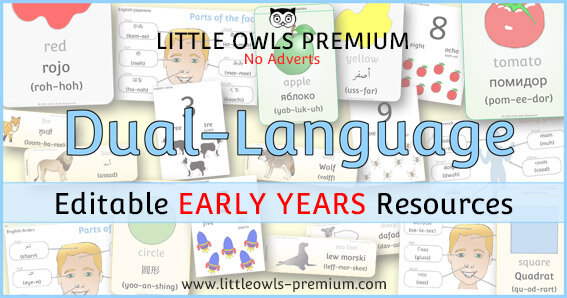
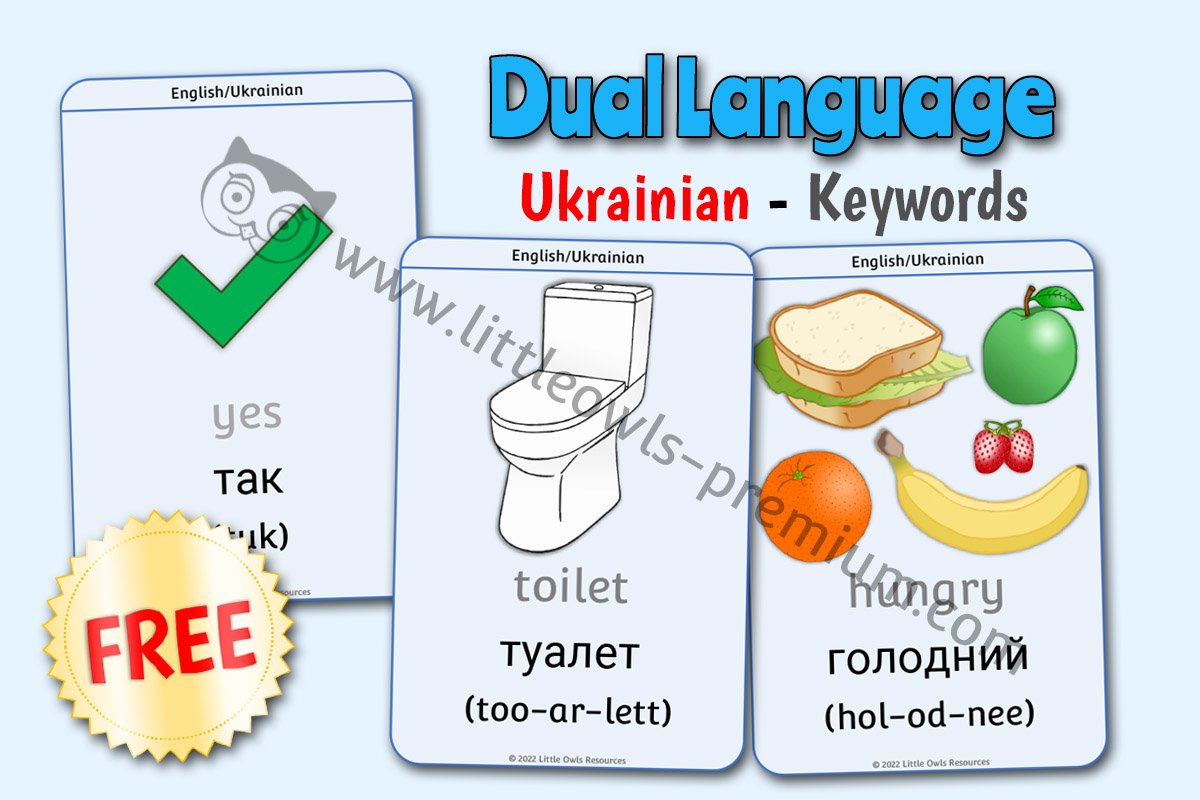











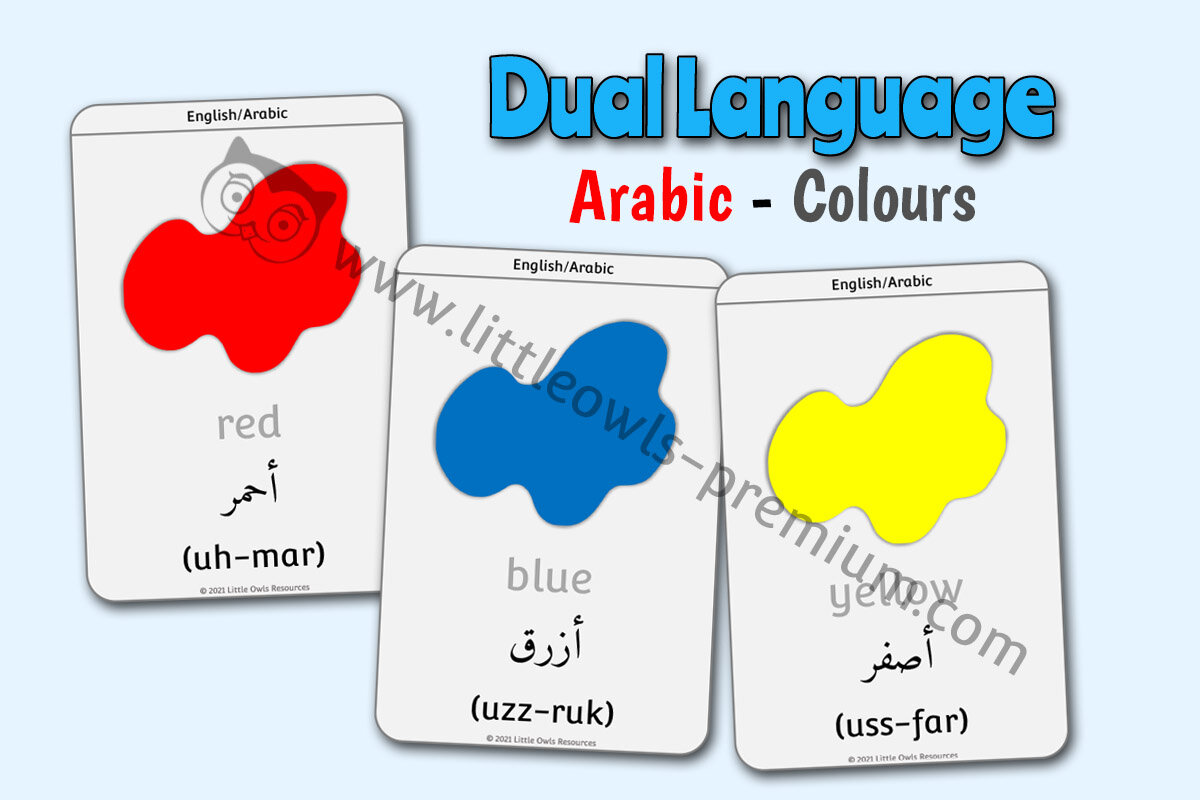

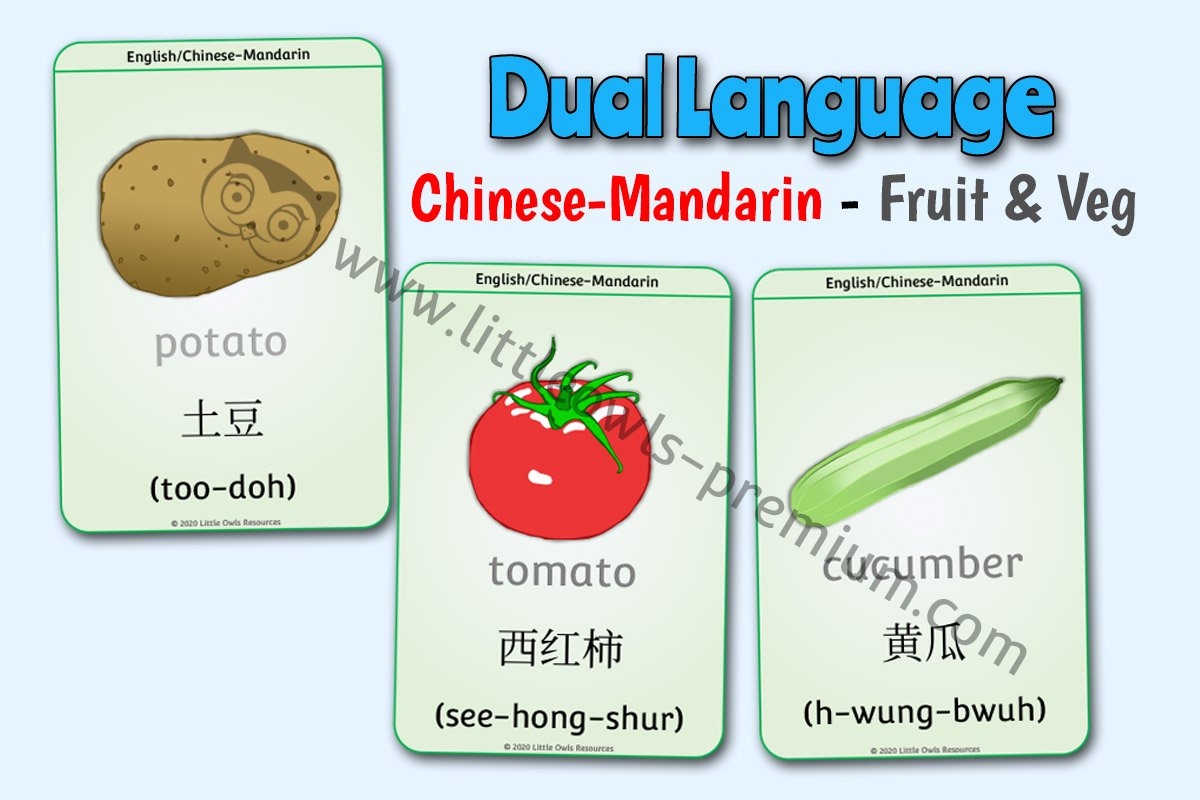

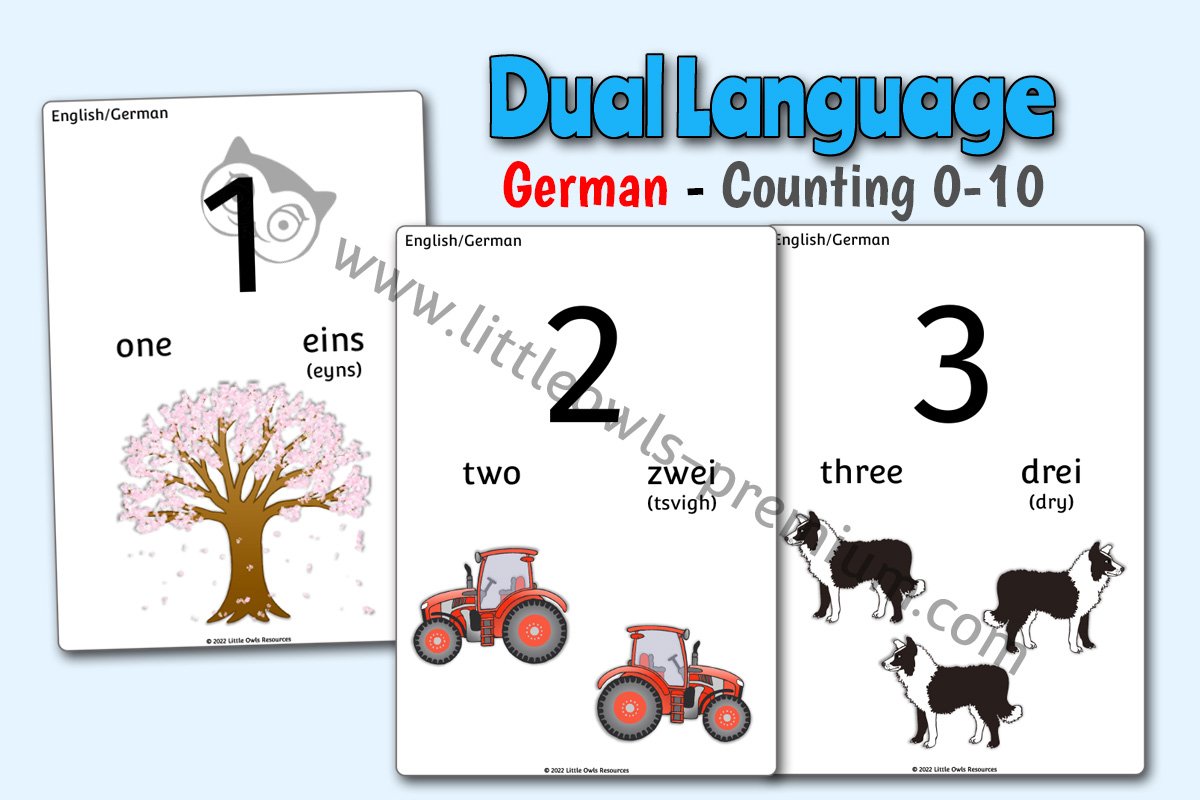
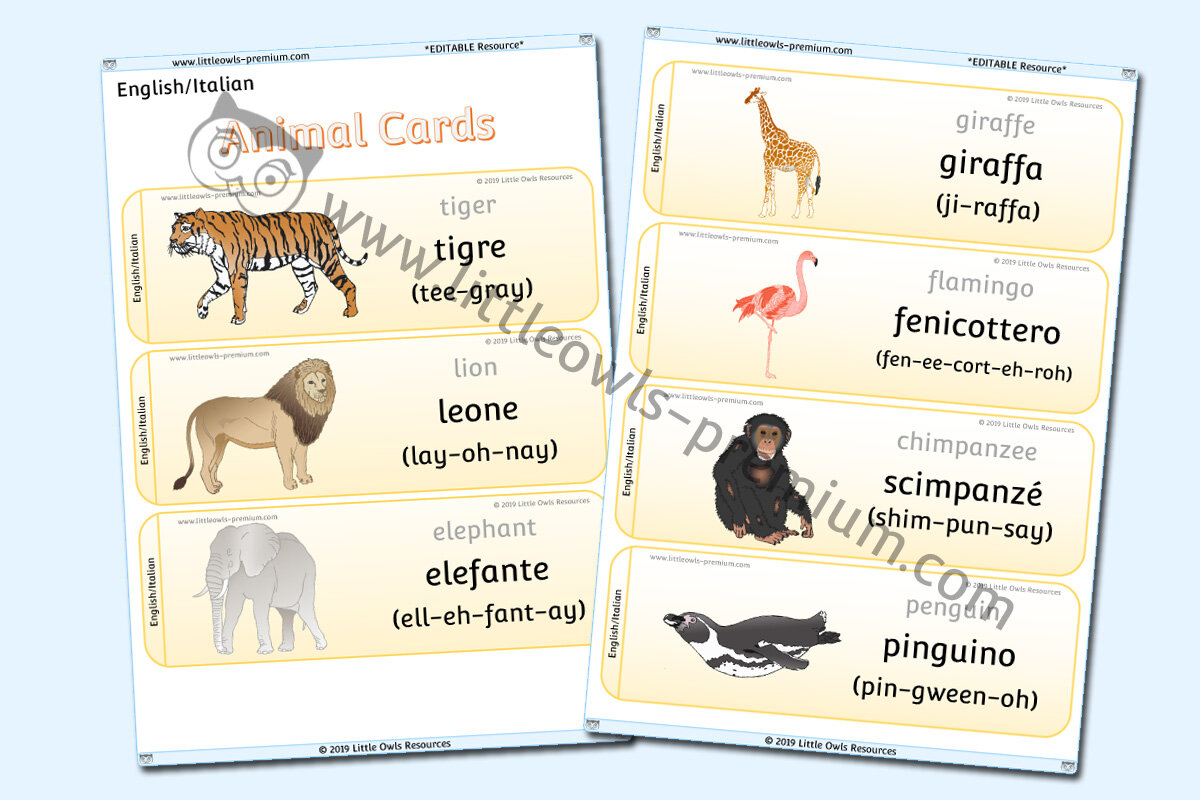
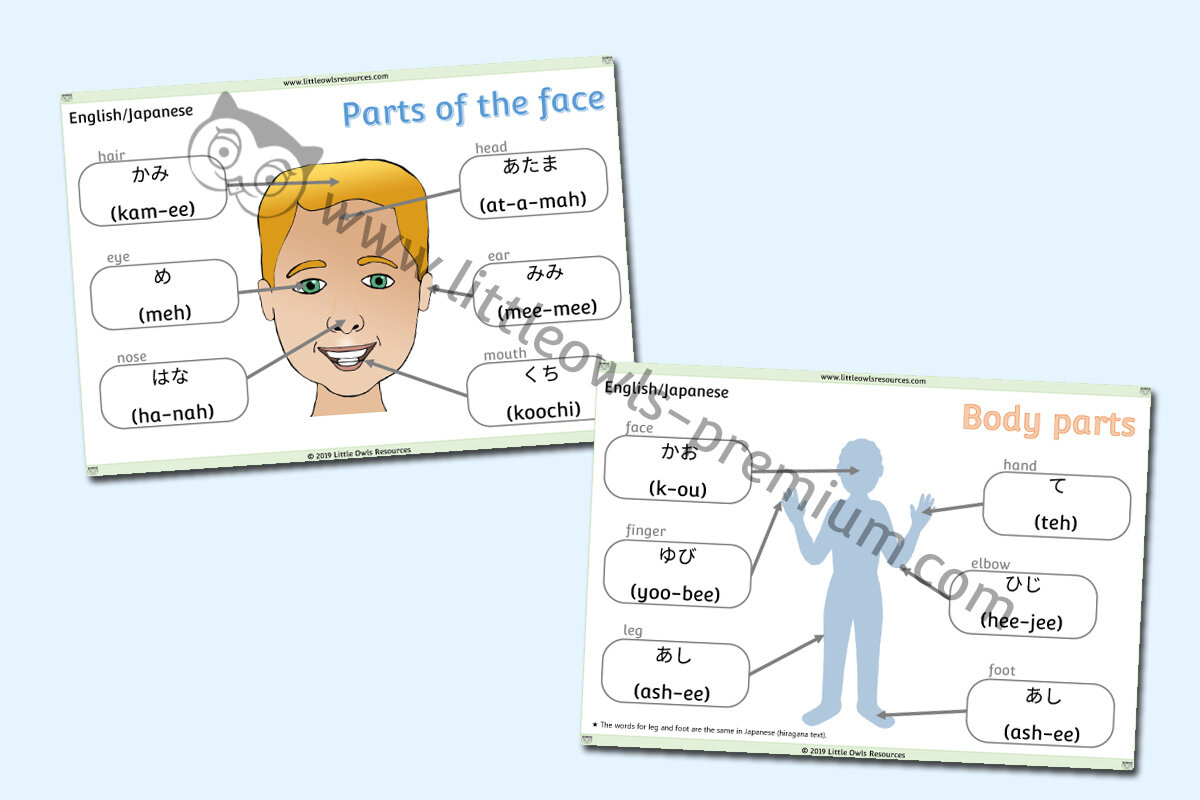



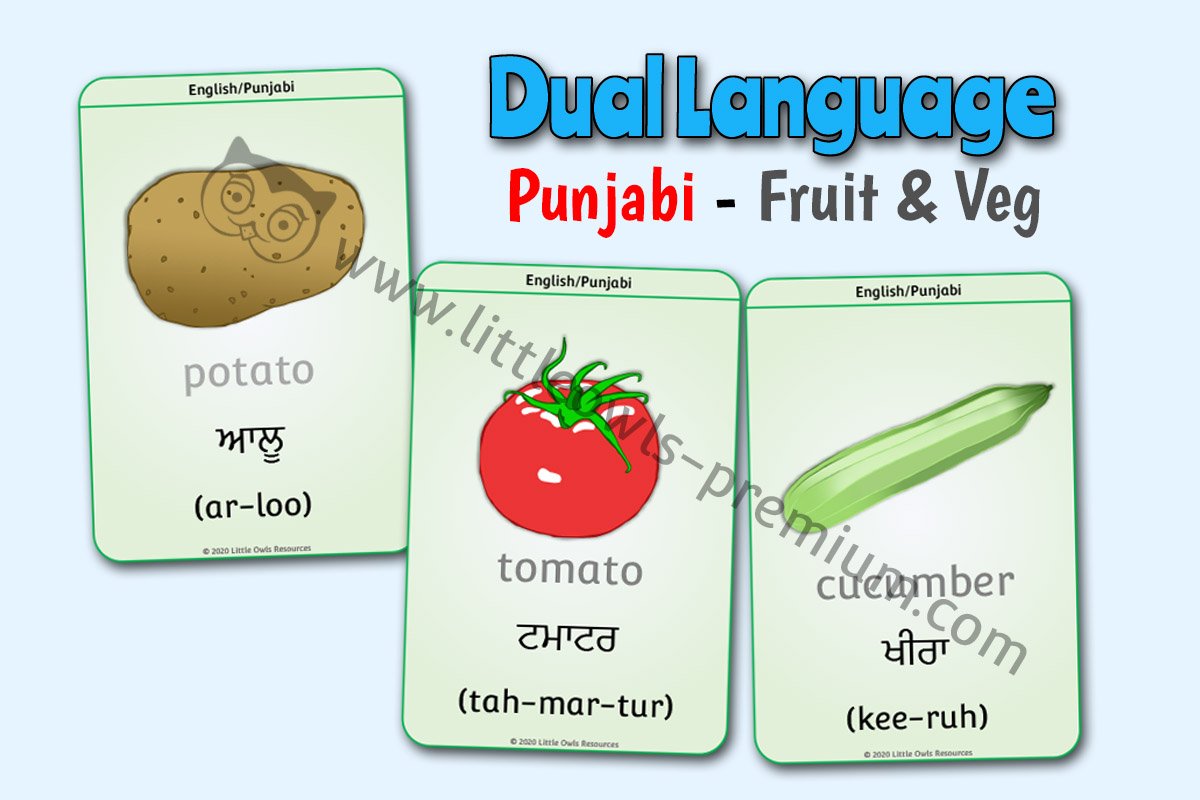
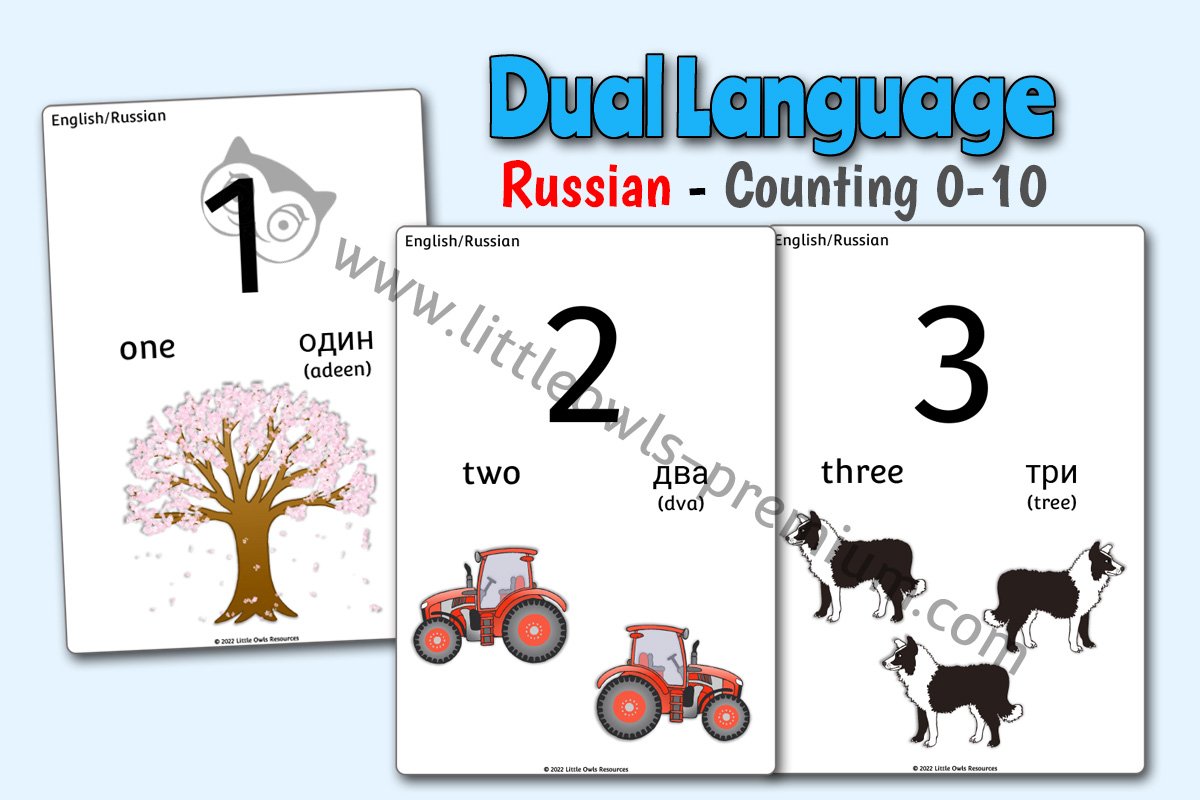

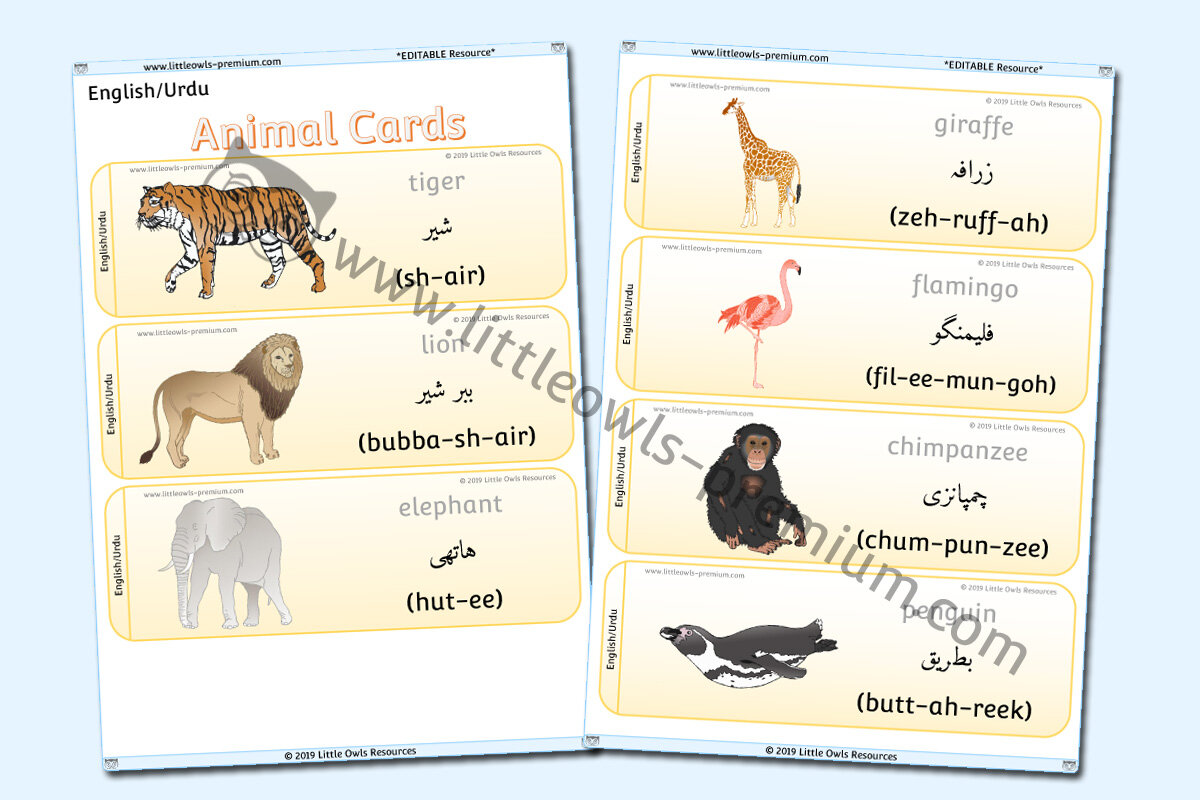
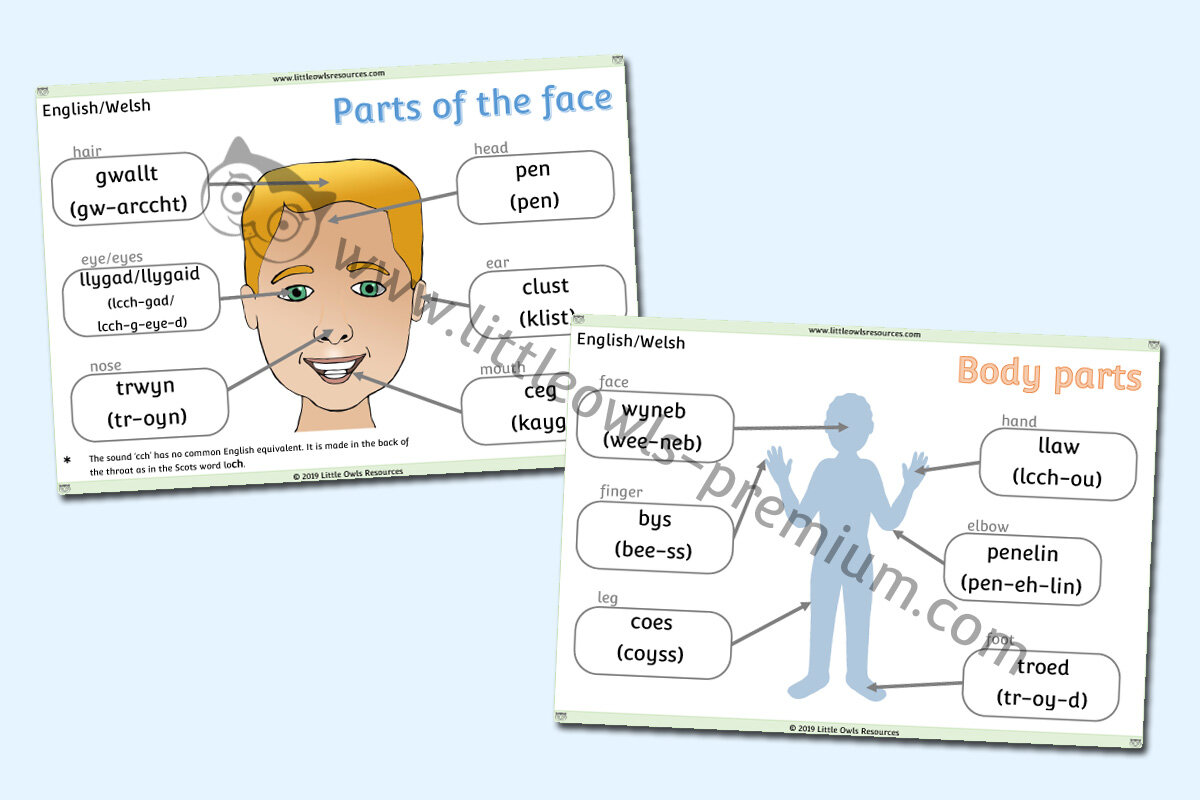

















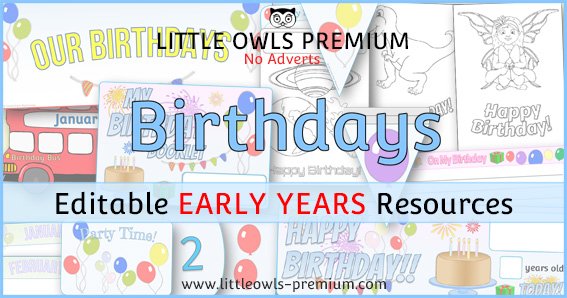
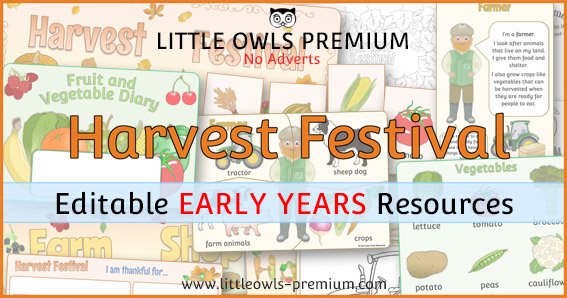
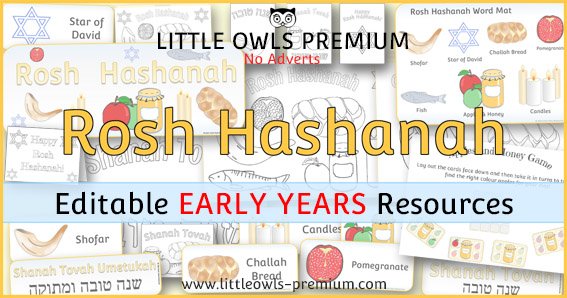















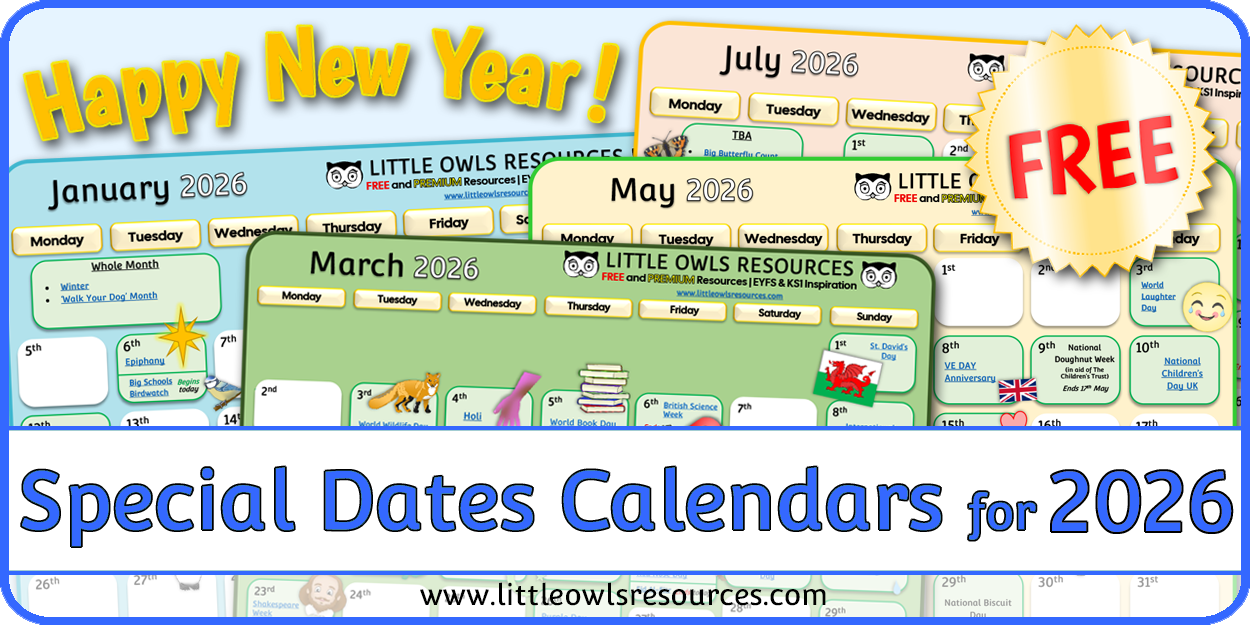
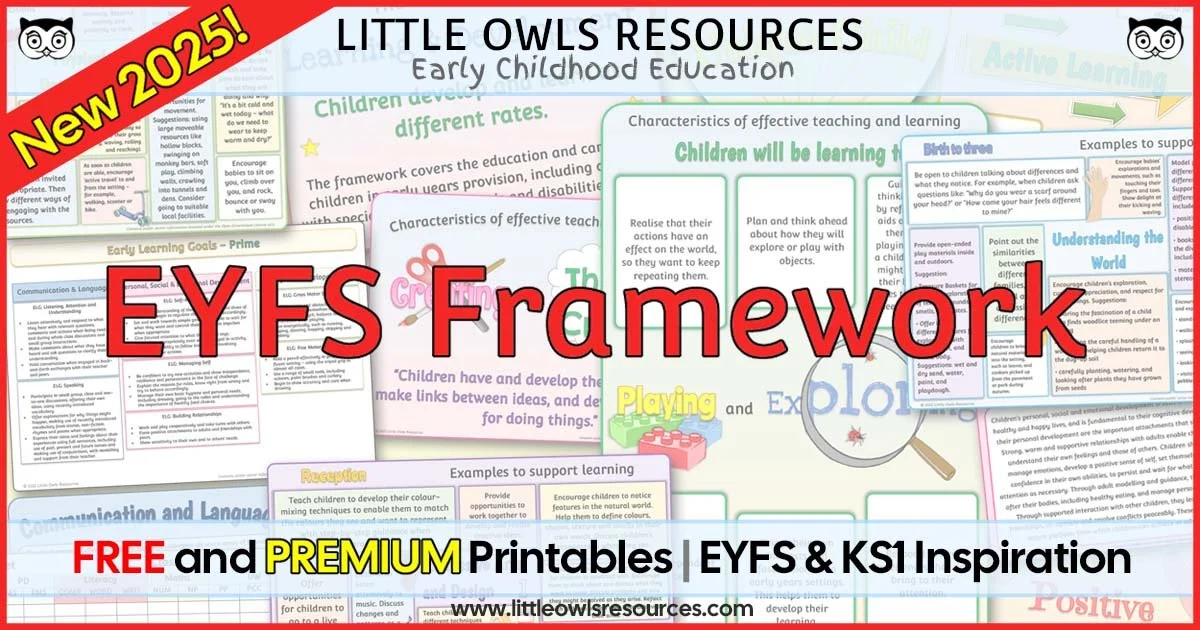

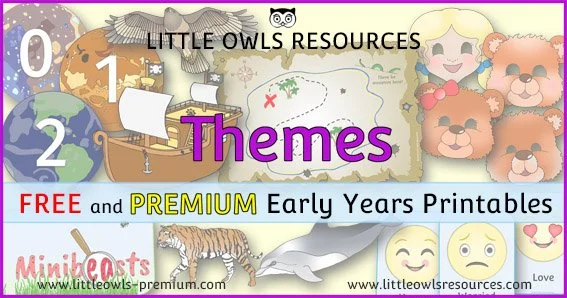

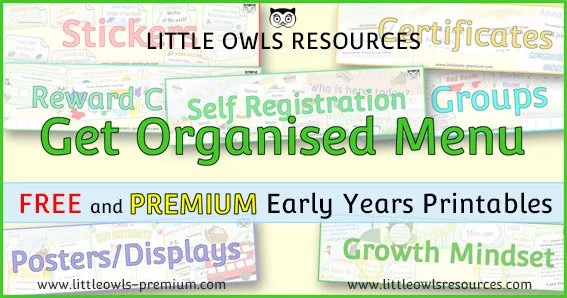

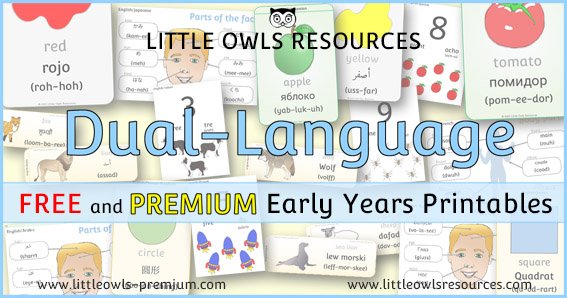
Let's open a book and dive into amazing stories and adventures! 📖✨ International Children’s Book Day (ICBD) is celebrated every year on April 2nd. This special day is chosen because it's the…